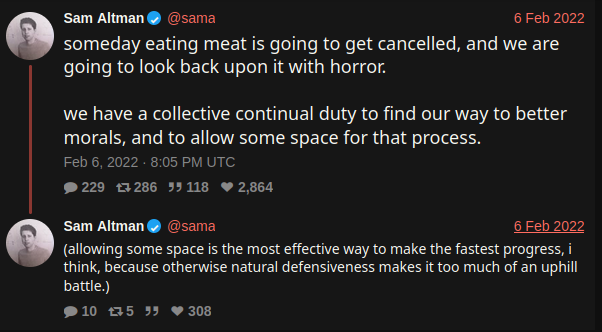jakexb
#2
OpenAI’s new model, called GPT-4b micro, was trained to suggest ways to re-engineer the protein factors to increase their function. According to OpenAI, researchers used the model’s suggestions to change two of the Yamanaka factors to be more than 50 times as effective—at least according to some preliminary measures.
Right out of the gate, the model came up with changes to the Yamanaka factors that made them 50 times as effective.
This is absolutely nuts. The next decade is going to be absolutely nuts.
9 Likes
Given sam Altman’s enthusiasm for longevity biotech I expect this area to get a lot of attention.
5 Likes
A_User
#4
I think a more pressing issue might be to apply this to cultured meat biotech instead. But I’m unsure. I don’t think it should be forgotten about at least.

